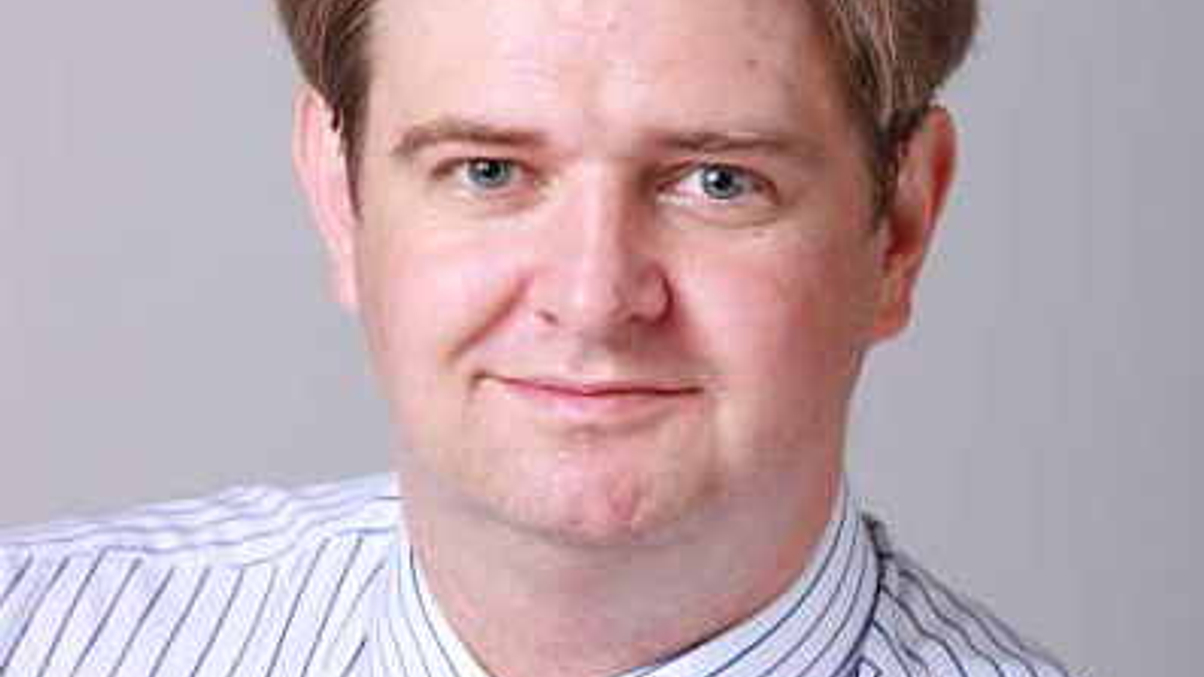AAM sells stake, points to consolidation
Australia-based Easton Investments' purchase of 20% of AAM Advisory will give the Singaporean firm the firepower to buy into local rivals.

Melbourne-based Easton Investments has taken a 19.9% equity stake in Singapore’s AAM Advisory, in a move aimed at boosting support for Australian expatriates in the Lion City.
Sign in to read on!
Registered users get 2 free articles in 30 days.
Subscribers have full unlimited access to AsianInvestor
Not signed up? New users get 2 free articles per month, plus a 7-day unlimited free trial.
¬ Haymarket Media Limited. All rights reserved.


